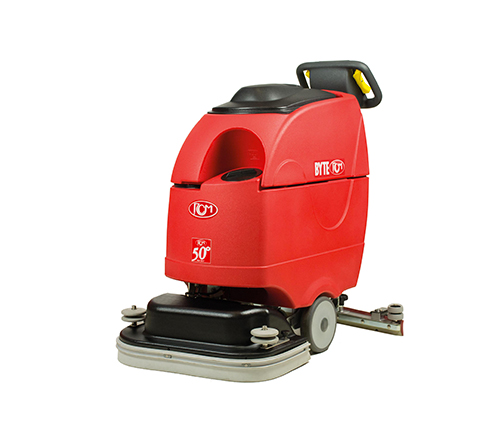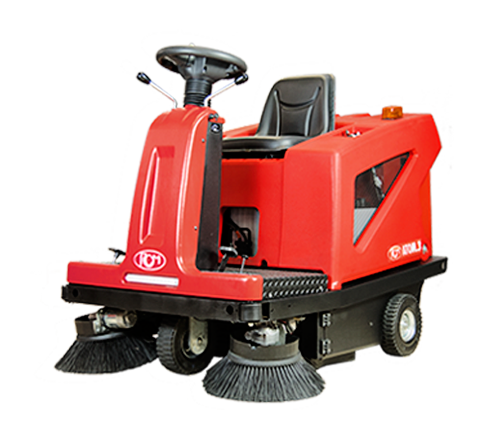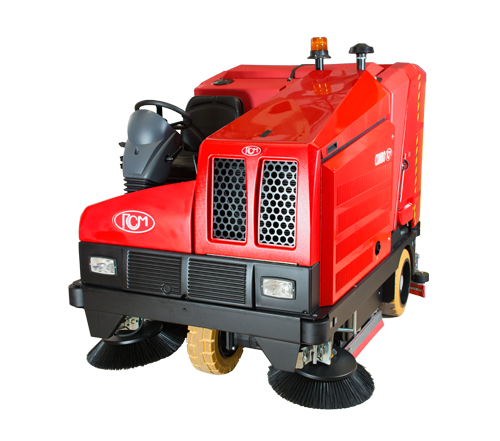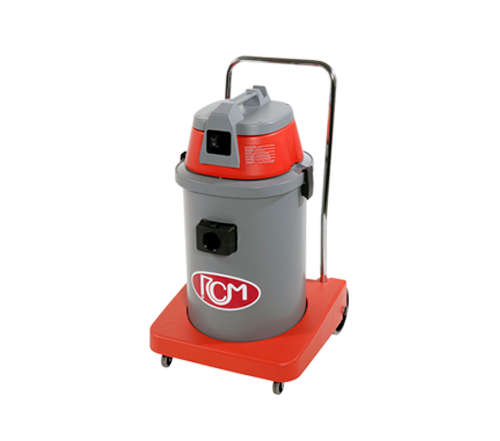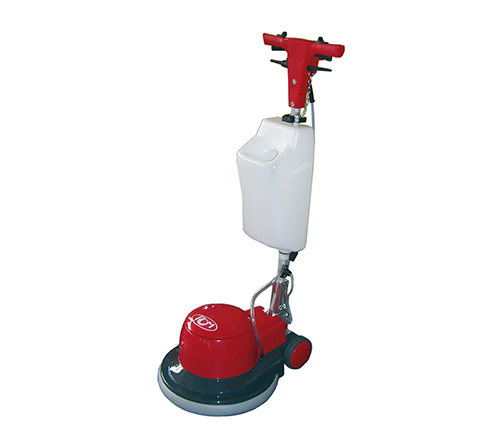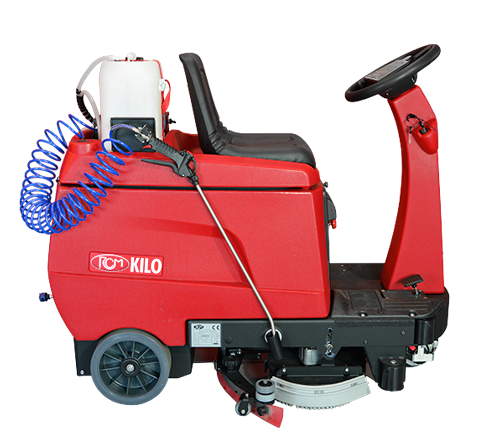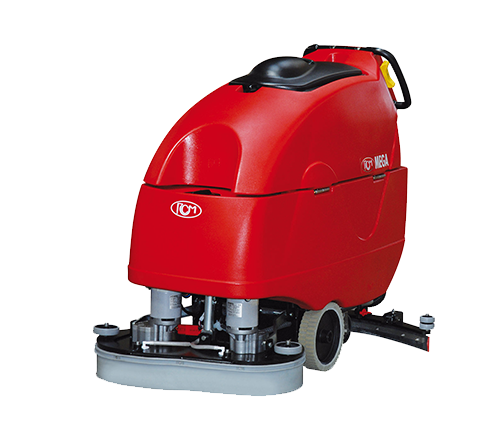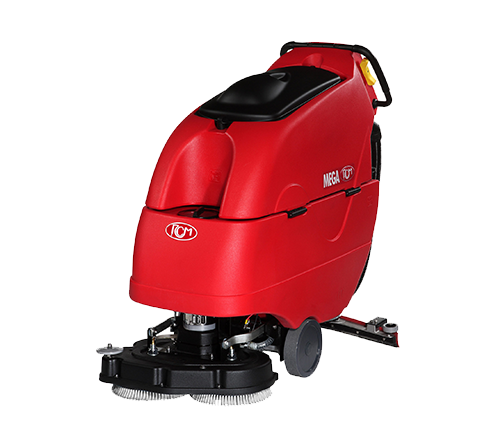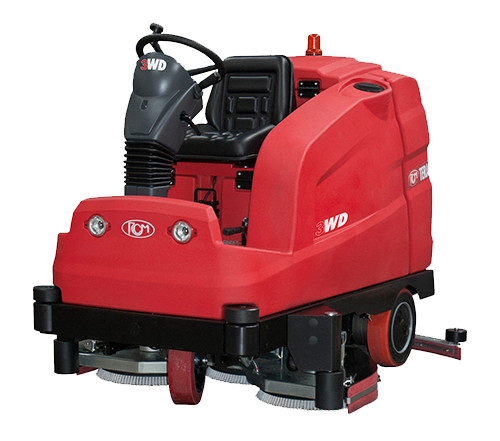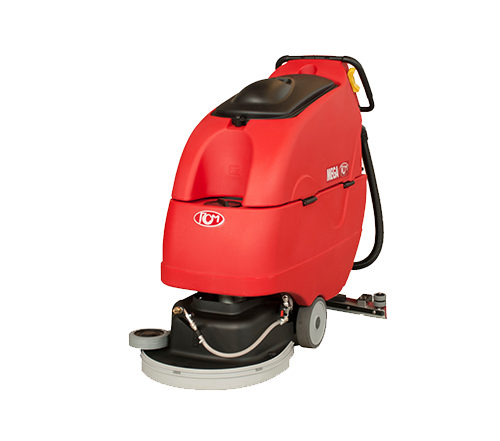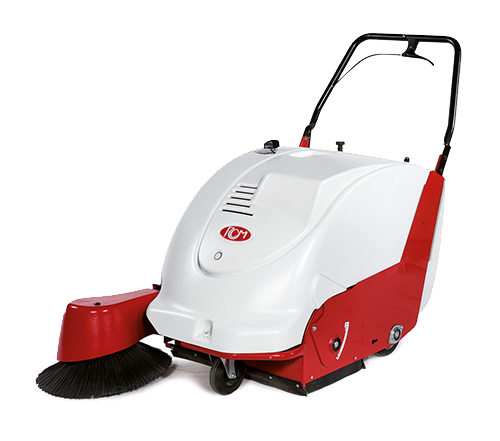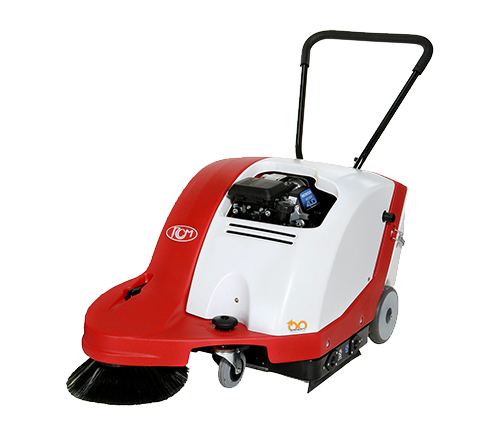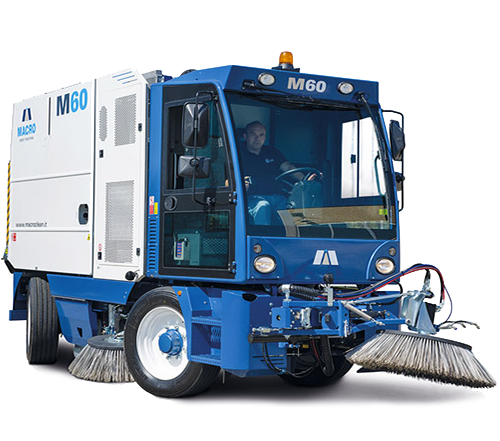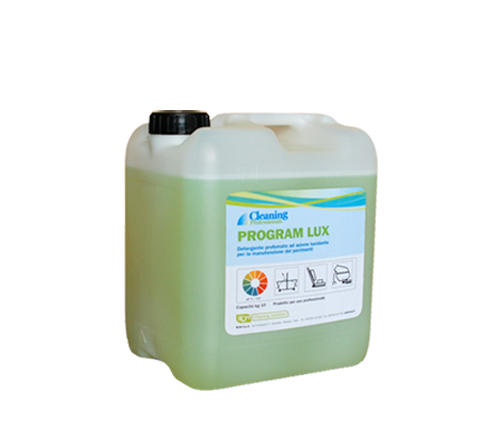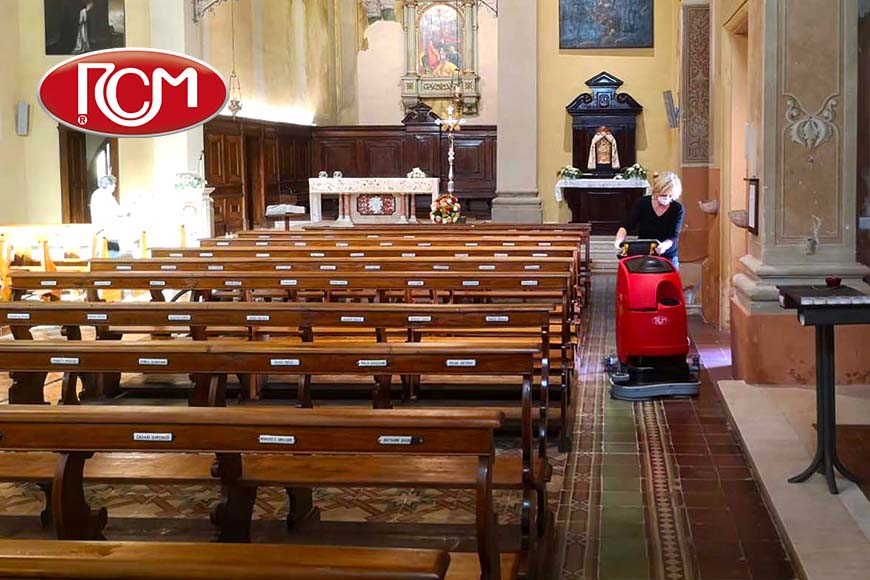Simplifying the maintenance of religious buildings with a professional scrubber drier
When it comes to cleaning in churches and religious environments, there is often a challenge to face: to respect the beauty and delicacy of the floors, often made of natural stone, without compromising the effectiveness of maintenance operations. Floors, which are subject to high footfall and are often made of porous or chemical-sensitive materials, require specific and constant care.
A concrete solution for deep and respectful cleaning
Using a professional scrubber drier, combined with the most suitable detergent, allows you to speed up and simplify daily and extraordinary cleaning operations, both in great cathedrals and small parishes. The correct use of the machine and its dedicated accessories avoids surfaces from deteriorating and helps to preserve the architectural and symbolic value of the sacred places over time.
Different natural stones: how to recognize and treat them
Churches are often paved with natural stones of various origins. Each type of material requires a specific approach to be cleaned safely and effectively. Here is a useful overview to help you choose the right products and accessories:
Marble
A porous limestone rock with veins of different colurs.
● Recommended detergent: neutral
● Suitable accessories: green or yellow pad, nylon brush
● To be avoided: acid detergents
Granite
Compact siliceous rock with a ‘dotted’ appearance, without veins.
● Recommended detergent: neutral
● Suitable accessories: green or yellow pad, nylon brush
● To be avoided: acids and very abrasive discs, in case of smoothed or polished surfaces
Travertine
A sponge-like rock, wear-resistant but with marked porosity.
● Recommended detergent: alkaline
● Suitable accessories: green pad, nylon brush
● To be avoided: acids
Generic stones
Such as slate, Lecce stone, and Istrian stone: more delicate and sensitive.
● Recommended detergent: neutral
● Suitable accessories: green pad, nylon brush
● To be avoided: acids



